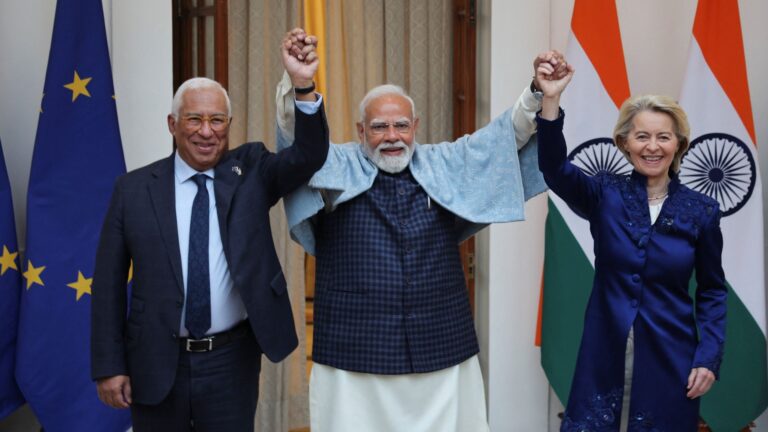
“The world is your office.” It is no longer just a motivational quote; it’s an international policy shift.
From the sunny shores of Barbados to the digital-savvy hubs of Estonia and Portugal, a new wave of “Digital Nomad Nations” is emerging. These countries are offering remote workers a way to live abroad without being tourists, and without needing traditional work visas. This is more than a travel trend. It signals a revolution in global mobility, work culture, and even the meaning of citizenship itself.

What Are Digital Nomads Visas?
A Digital Nomad Visa is a government-issued permit that allows remote workers, freelancers, or entrepreneurs to live in a country temporarily, usually 6 months to 2 years, without needing to work for that country’s companies.
These workers continue earning in their home currency but spend and live abroad, often in countries eager for tourism and foreign capital after the COVID-19 slump.
 (nadiaypietra)
(nadiaypietra)
Countries Leading the Digital Nomad Movement
- Estonia: The pioneer. In 2020, Estonia became the first country to launch a legal digital nomad visa, inviting remote workers from anywhere.
- Portugal: With its D8 Visa, remote workers can stay for up to 120 days and benefit from tax breaks and access to EU healthcare.
- Barbados: The “Welcome Stamp” allows digital nomads to live there for 12 months. Who wouldn’t want Zoom calls from a Caribbean beach?
- UAE (Dubai): Offers a 1-year virtual working program, no income tax, and excellent infrastructure.
- Indonesia (Bali): Recently introduced a “Second Home Visa” for foreign professionals.
These nations are selling more than visas. They’re offering a lifestyle brand of sunshine, WiFi, and tax perks.
Why Are Nations Doing This?
- Post-COVID Tourism Recovery: With traditional tourists drying up, countries are looking for long-stay foreigners to spend consistently.
- Economic Boost: Digital nomads bring in foreign exchange without taking local jobs.
- Global Prestige: Attracting skilled workers builds a country’s image as modern and innovation-friendly.
What Are the Challenges?
While digital nomad programs are popular, critics raise important concerns:
- Digital Gentrification: In cities like Lisbon or Bali, rising rents and cafe prices have started pricing locals out.
- Tax Grey Areas: Who should tax the remote worker, the home country or host country?
- No Social Integration: Most visas don’t offer paths to permanent residency, creating a class of “elite temporary migrants.”
Can India Join the Race?
India has Goa, Kerala, Rishikesh which are indeed peaceful, cheap, and vibrant places with youth culture, nature, and spirituality. But we don’t yet have a formal digital nomad visa.
Creating such a scheme could:
- Attract foreign professionals looking for affordable remote bases
- Boost local economies and hospitality sectors
- Promote India’s soft power as a welcoming, tech-forward nation
Perhaps it’s time for India to flip the narrative and not just send talent abroad, but invite it in.
Digital nomad nations are not just a visa category. They are the early signs of a planetary future, where people move not for survival but for experience, affordability, and freedom. In a world divided by borders, they represent something rare, a new form of unity through work, WiFi, and wanderlust.
For more insights into how global trends are shaping our future, stay tuned on The World Times.



